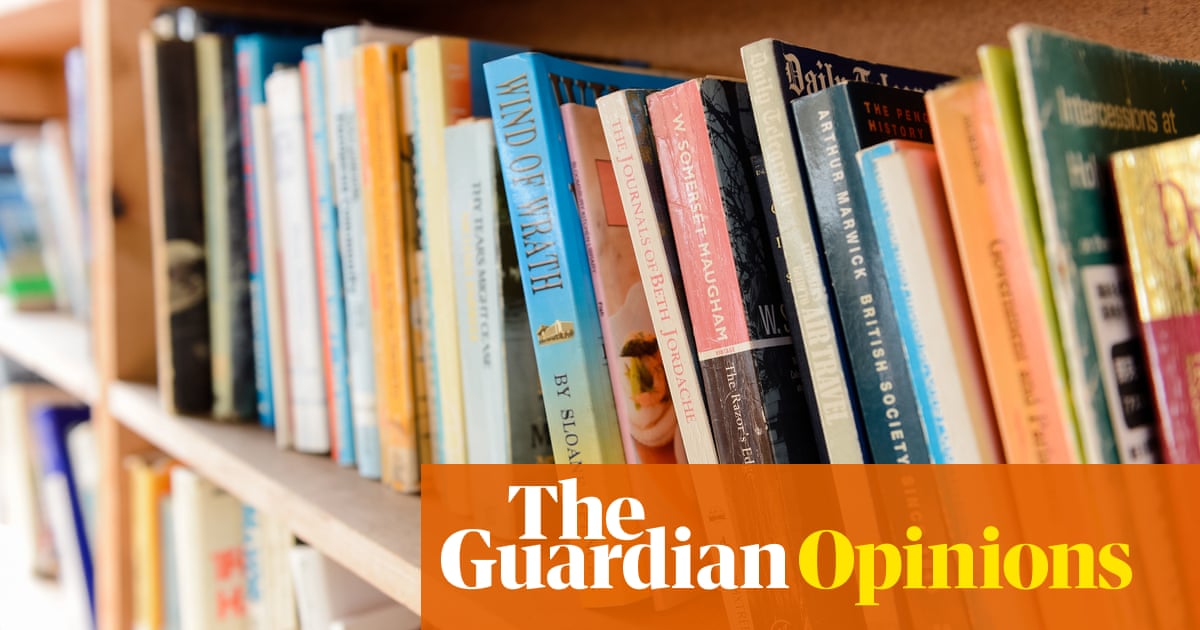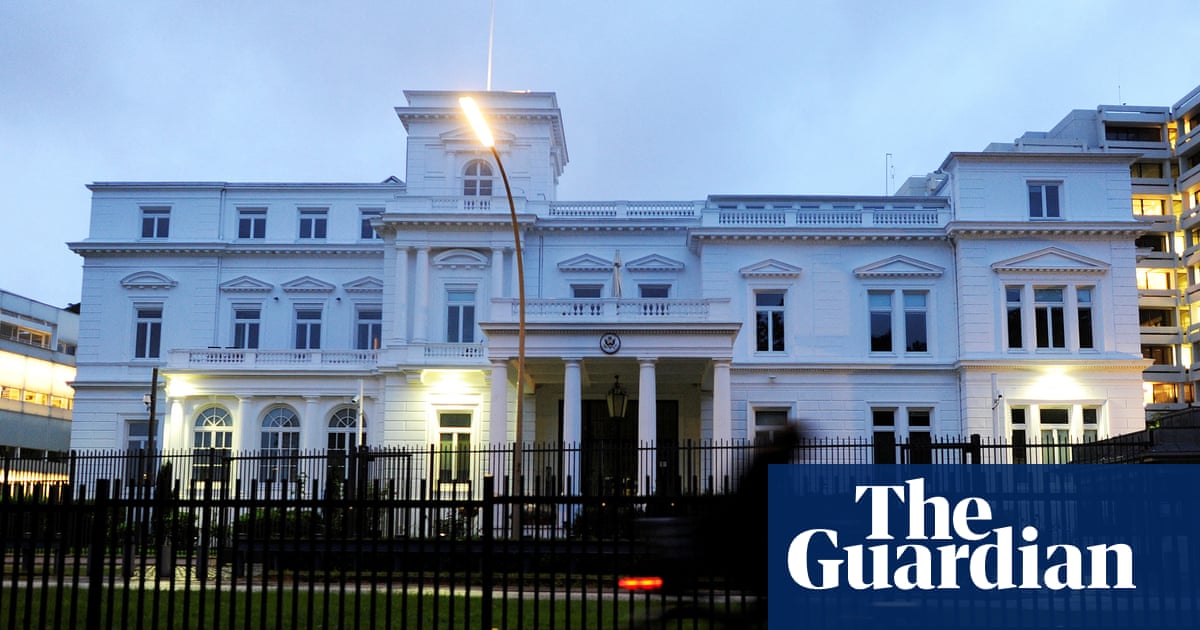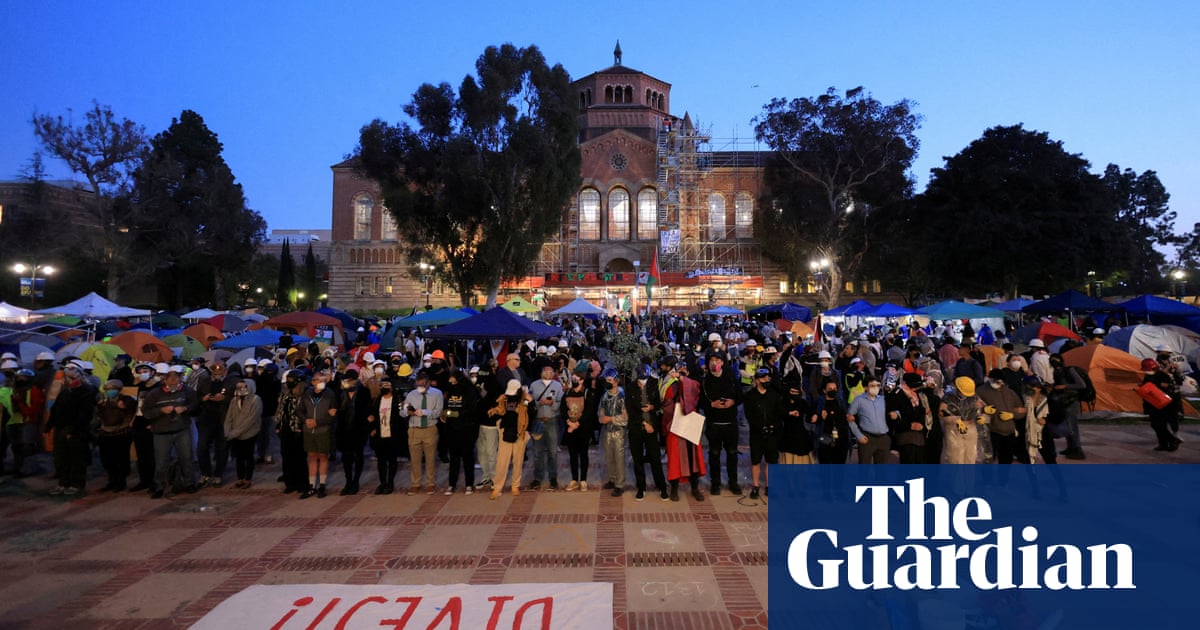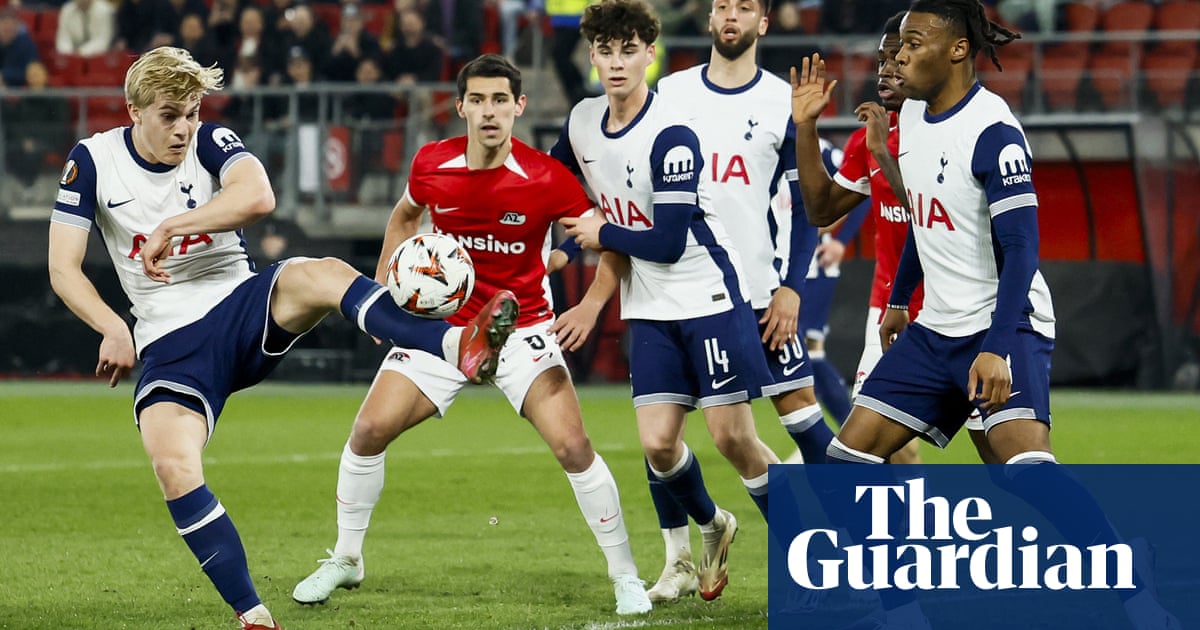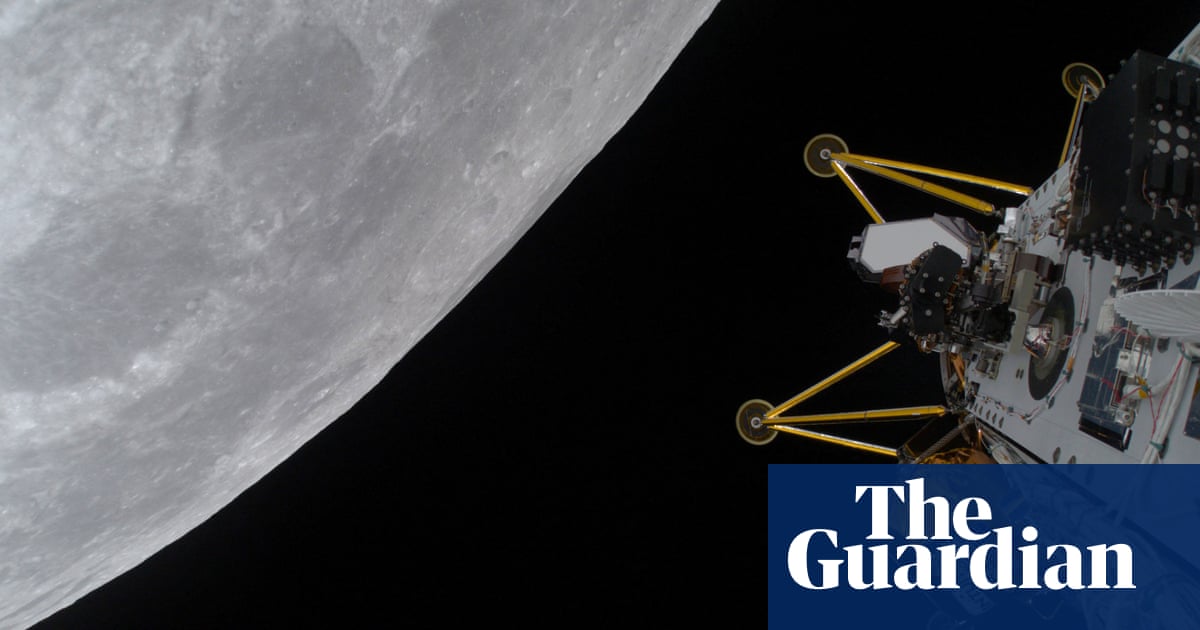On the shelf in my son’s bedroom is a row of picture books that once belonged to me. Sometimes, I like to look at them, and be immediately transported back to my own childhood. There’s The Three Wonderful Beggars, by Sally Scott, a retelling of the Serbian fairytale; and The Whales’ Song, by Dyan Sheldon and Gary Blythe, about a little girl who sneaks out at night in the hope of hearing the sea creatures call to one another.
These books conjured vivid worlds for me, and there’s something magical about being able to tap into that still, all these years later. This week, I read an interesting report about the so-called “crisis” in kids’ literacy, which, while worrying, is somewhat overblown. The real concern, it seems, is not to do with test scores measuring the ability to read, but the plummeting number of children reading for pleasure. In 2020, only 17% of US 13-year-olds read for fun every day, compared with 27% in 2012. The numbers in the UK are higher, but also on a downward trajectory. The National Literacy Trust found 35% of eight- to 18-year-olds said they regularly read for pleasure in 2024, which is the lowest figure since measurements began two decades ago.
Being read to, and then becoming a reader, shaped my understanding of the world so profoundly that I don’t know who I would be without it. It wasn’t always a wholly joyful learning experience: I discovered the truth about Santa Claus at age six, when he failed to make an appearance in Little Women. Reading about the curse of Tutankhamun gave me nightmares, and I experienced actual, sobbing grief at the ending of Philip Pullman’s The Amber Spyglass. Yet these books made me who I am.
It’s no coincidence that the decline in children reading for pleasure happened after the arrival of the smartphone. It can’t be the only reason, of course. The forced closure of many libraries will be playing a part, knowledge that is heartbreaking to those of us who were raised in them (I will never forget the excitement of being allowed to take home “Eight whole books!”) Those of us who form part of the microgeneration that made it to college age without much engagement with social media, only to live through a major transition from the printed word to the digital that has shaped humanity in untold ways, are still digesting what it means to have bridged these two eras as young people.
Of course, there are many, many parents who read to their children every day. Sharing books with my son – seeing him kiss the pictures of his favourite characters and laugh with delight at the story – has been one of the great pleasures of parenting. There are several reasons that I am able to do this. I am privileged to have been raised in a family where books were valued and important and my parents spent time and money procuring them. I am lucky to be able to buy books for my son. And I have plenty of time in which to read to him, and the energy to do so.
Not all families are so lucky, and at a time when people face awful financial pressure and child poverty is hitting record highs, it’s easy for reading to slip down the list. Books can be expensive, and even some charity shops have been charging prices that feel extortionate. A trip to the library can require time, and transport. People work long hours and often have hardly any wriggle room between getting home and making tea, and bedtime. Fitting a story in can be challenging, especially if you have multiple children.
Parents face a lot of judgment, especially from older people, for their use of screen time. The urge to pick up a device has become alarmingly unconscious. Even as someone who reads a lot, I have been disturbed by the impact on my attention span, so what hope do our little ones have? There has been much alarm about how programmes such as Cocomelon are shaping their brains, and it’s no surprise that increasing numbers of parents are advocating for smartphone-free childhoods.
Schools, nurseries and Dolly Parton are all playing their part in encouraging reading for pleasure. Charities are doing some fine work: my son was sent home with two free books the other week, courtesy of BookTrust, and you can donate to them here to provide books for Christmas to children who need them most. If we want parents to read to their children, it requires empathy and support. But most of all I think it needs a deeper understanding of how our economic system isn’t working for so many families of young children. Only structural change is going to open up the spaces in our lives – and in our psyches – that we need to truly embrace the joys of reading.
What’s working
We were lucky enough to see a performance of The Snowman at the Peacock theatre last weekend. I thought it would be a win if my toddler managed to sit through half an hour of the 1hr 50min running time (with interval). But children can surprise you: he loved it so much that he sat through it all, and when the boy and the Snowman took off into the snowy sky, the excitement on his face was something to behold.
What’s not
Thinking that crafting would be a good way of relieving stress that doesn’t involve wine, I decided to make my son a miniature Christmas mouse house. Upmarket Scandi tat emporium Søstrene Grene have a whole range of beautiful pieces of furniture to go inside, and decoration craft materials, but seem to have been completely sold out of the little plywood houses themselves since October and aren’t getting any more in. We can’t be the only ones frustrated by this. Now my lovely mum has got involved and is doing her best to cobble one together herself.
-
Rhiannon Lucy Cosslett is a Guardian columnist and author

 3 months ago
58
3 months ago
58





